Why did you leave? Was it out of necessity or a desire to travel?
“I’m different from many emigrants as I left by choice. I come from a beef farm at home and my dad is still quite young so there’s no prospect of me inheriting the farm anytime soon. I studied History and Politics in UL and went on to do a Master’s in European Integration.
“I left college in 2004 and started working as a manager for Irish Wire in Limerick. However, I wanted to get back doing something I was qualified for, so I ended up getting a job as an adviser in the Dáil.
“Then in 2010 a job in the Irish Co-operative Organisation Society (ICOS) came up in Brussels. A person I went to college with was leaving the position and advised me to apply for it because of my agri background and knowledge of politics. I had a good job and left because I wanted to. It’s not the story you hear very often, but a lot of people do that.”
What kind of opportunities are there in Brussels?
“Brussels is the Washington of Europe and it’s where everything happens from an agricultural point of view. You’re wasting your time going over there with a nine-to-five mentality – everyone out here is highly motivated and qualified. Many will have a background in law or politics.
“Most people have a job sorted before moving. It’s rare to see someone go to Brussels with nothing lined up. A lot of people get an internship or a “stage” with the European Commission, an institution or a lobby group. They usually finish this after six months and go home or pick up more work.
“Every year, the European Movement in Ireland publish the Green Book, which is a guide to jobs and internships in Europe. Everyone who wants to work here should read it.
“All of our laws come from Brussels and we just transpose them. We need Irish people out there from all walks of life. The EU is so important to us and I worry about the lack of Irish in the Commission, especially from an agricultural perspective.”
What’s the cost of living like in comparison to cities in Ireland?
“I would equate the cost of living to Dublin. Rent is roughly €500 for a shared apartment and everything else is roughly the same as Ireland. It isn’t cheap to live here.”
What’s the worst thing about living in Brussels?
“The bureaucracy can be a problem. Trying to pay your taxes is a trauma as you have to fill out so many forms, and setting up health insurance or renting can be a nightmare.”
Is the language barrier an issue?
“I went to Brussels expecting to learn French and I have as much as I did before. English is so dominant; it’s definitely the common language between everyone. I can hold a conversation in French, but anything technical is in English.
“I’ve asked why English has become so dominant and apparently it’s because of Eastern European countries joining the EU, as English is their lingua franca. This is great for the Irish, as English is our first language.
“Despite this, our lack of language skills stops us from going into the institutions where they’re zealots about having French. We’re massively under-represented in the institutions and part of the reason is because of our laziness when it comes to languages.
“I would encourage people to learn a language before going out there, especially if you want to make a career in Brussels.”
What is it like to socialise in Brussels? How did you make friends when you moved?
“The perception is that Brussels is boring but that’s not true. The craic is great and there’s always something happening. It’s a work hard, play hard kind of place. Even at social functions you’re working as you’re trying to build up contacts.
“I went over there as a very proud Irish man, but part of the attraction was to live somewhere new and experience a different culture. However, in typical Irish fashion, I joined the GAA club after one week. Some of my best friends and work contacts have come from the GAA club, and I’d highly recommend anyone planning on living in Brussels to join.”
Can you imagine staying in Brussels permanently or would you like to come home?
“I’m a veteran after three years. There are some people who have been here since the 1970s, but the majority are here on a short-term basis. That’s the advantage for new people coming in. There’s always someone in the same boat as you.
“I’d be quite happy to continue in ICOS in a career, but you never know what could happen. I do see myself coming home but I’m open to staying here too.
“The beauty of Brussels is that it’s close to Ireland and there’s a fantastic Irish community out there. I also have a lot of friends from all over Europe. Most of the main European cities, such as London, Paris and Cologne, are only two hours away. The travel possibilities are great – I’ve been to most of Europe and it’s really easy to get to rugby matches.
“It’s been a really good experience and I’ve never regretted the move.” CL
Next time
Life in Australia.



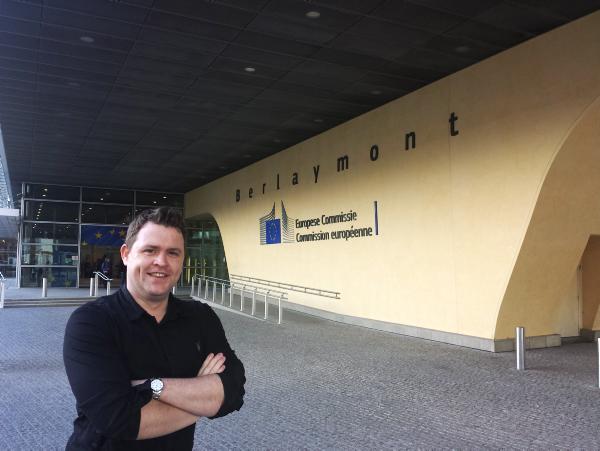


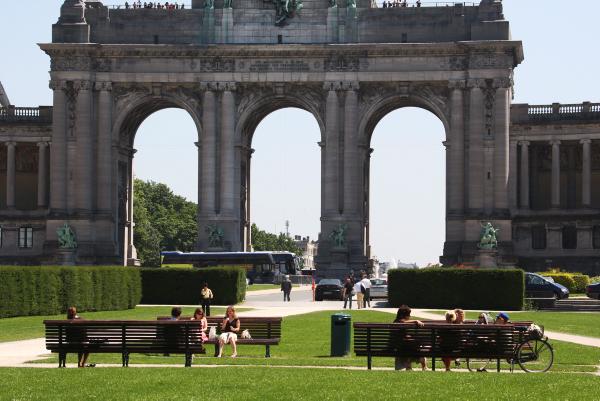
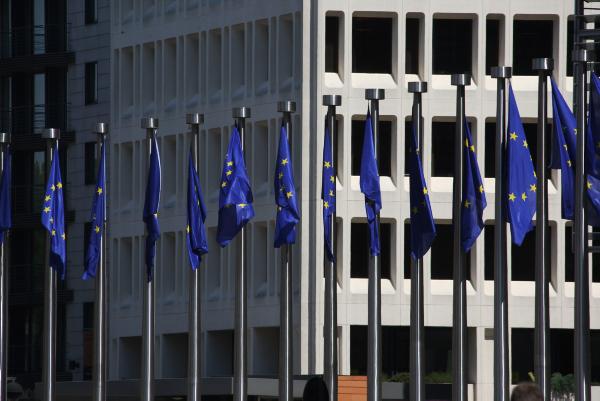


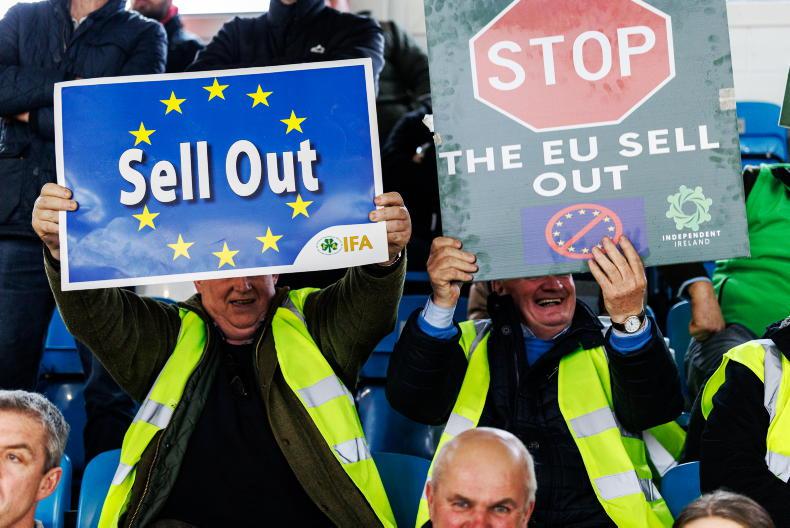
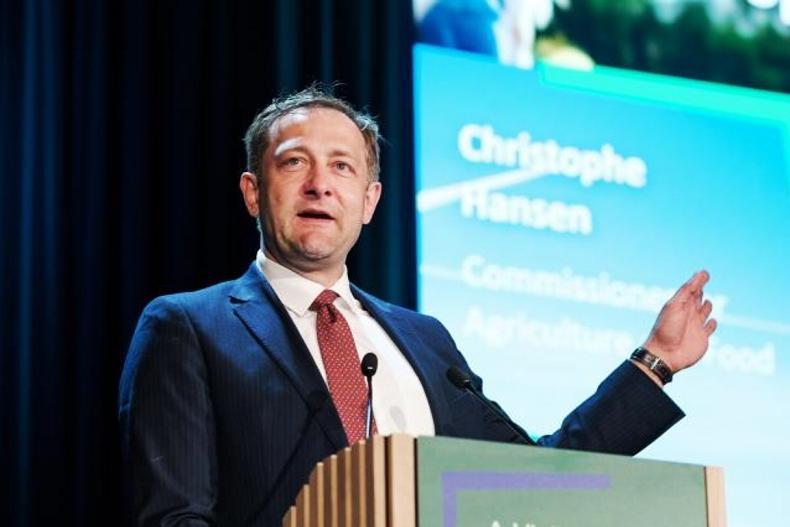
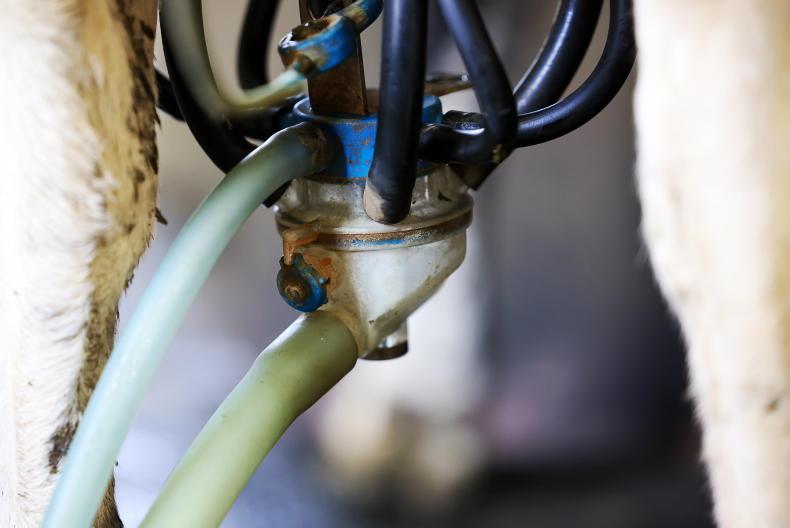
SHARING OPTIONS